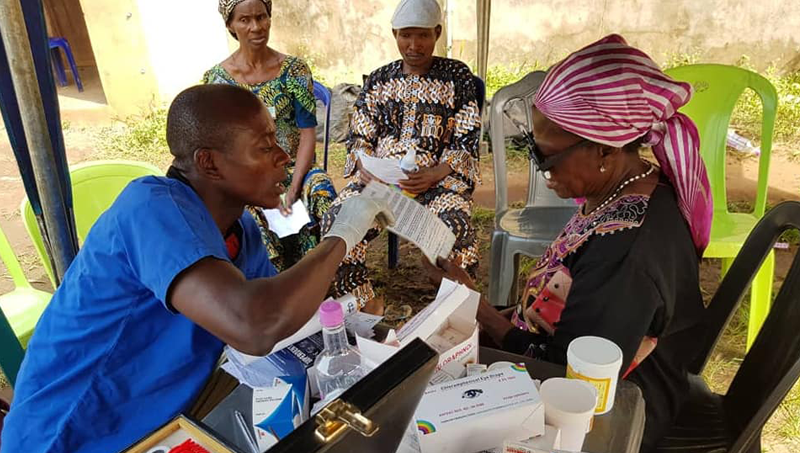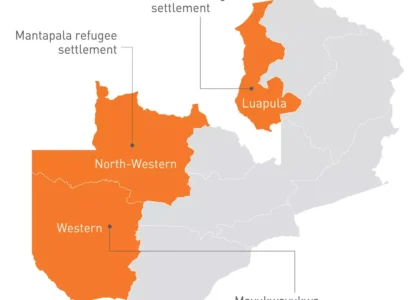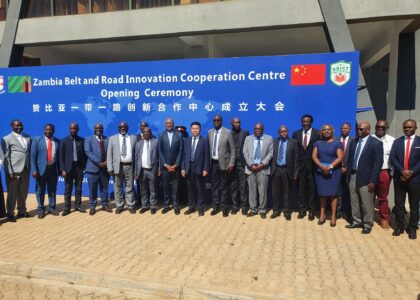[KUMASI, GHANA, SciDev.Net] For years, frontline nurses at community-based health planning services have been forced to improvise with limited resources, no labs, no ultrasound machines, and sometimes no electricity.
When complications arose, patients needed to travel to better-equipped hospitals, often several kilometres away.
“We see cases where pregnant women are transported on bicycles or motorbikes to reach care,” says Emmanuel Ahene, a medical consultant CHPS-community based health planning service.
“It’s not uncommon.”
The statistics paint a stark picture — across four northern districts only six per cent of facilities could provide basic emergency pregnancy care, with just three per cent offering comprehensive services.
Among women who died or nearly died during childbirth, 39 per cent delivered at facilities unequipped for emergencies.
Now, researchers at Kwame Nkrumah University of Science and Technology (KNUST) in southern Ghana have developed a mobile application that could transform this reality.




